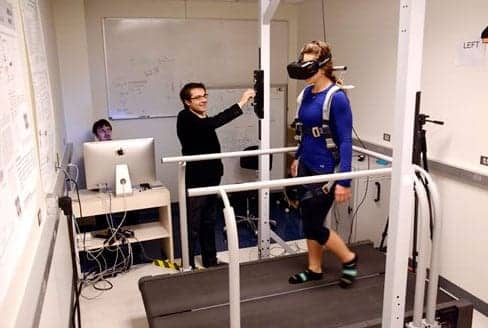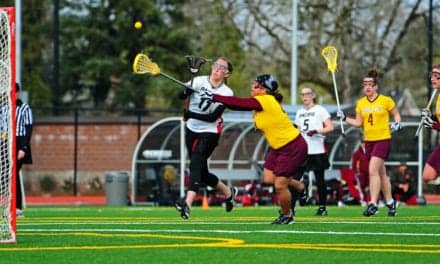A major federal grant awarded to West Virginia University (WVU) aims to advance faculty and scientific research on stroke in an effort to mitigate the effects of the disease. The 5-year, $10.7 million grant is intended to impact basic and translation stroke research at WVU. A university news release states that the funding will enhance mentoring and development of five junior investigators and their research programs, as well as support core resources.
Jim Simpkins, PhD, director of the WVU Center for Basic and Translation Stroke Research (CBTSR) and professor in the WVU School of Medicine Department of Physiology and Pharmacology, emphasizes the risk factors of stroke and its prevalence in Appalachian populations.
In the release, Simpkins adds, “We are being presented with an opportunity to make a significant impact on the quality of life for stroke patients. The discoveries that our faculty make about when and how these events happen can minimize poor outcomes from stroke and help patients recover quickly so they can return to their families and live normal lives.”
The release notes that Centers for Biomedical Research Excellence (COBRE) is a program of the National Institute for General Medical Sciences and places a key focus on advancing research and mentoring of young faculty members. This is the third COBRE grant awarded at WVU.
Glen H. Dillion, PhD, vice president for Health Sciences Research and Graduate Education points out, “It’s no secret that stroke is a major problem in West Virginia. Receipt of this competitively earned NIH grant will ensure WVU continues to be a leader in conducting cutting-edge research focused on stroke.”
West Virginia Stroke COBRE will support a key part of CBTSR. Many people must be engaged in order to solve West Virginia’s stroke issue, Simpkins says.
“Stroke prediction, cause, prevention, acute treatment, and rehabilitation are all linked, and a national center for excellence in stroke research will provide the most advanced research into all of these areas,” Simpkins states.
According to the release, as part of the research Paul Chantler, PhD, assistant professor, WVU Department of Exercise Physiology, will study how the cardiovascular system responds to stroke and the impact of cardiovascular function on stroke outcome.
Taura Barr, RN, PhD, assistant professor in the WVU School of Nursing, will study what genes can tell us about stroke and immune suppression in individuals through genomic biosignatures.
The release notes that Sergiy Yakovenko, PhD, assistant professor of exercise physiology, will study corticospinal control of sensorimotor synergies. This work will focus on how ensembles of neurons that regulate movement respond in health and disease.
Additionally, Valeriya Gritsenko, PhD, assistant professor in the WVU Department of Physical Therapy, will study corticospinal control of limb dynamics, specifically how spinal pathways regulate movement—in health and after stroke.
Stephanie Frisbee, PhD, assistant professor in the WVU School of Public Health, will study the effects of anti-wetting agents, such as perfluoroalkyl chemicals, on stroke incidence, mortality, and morbidity.
The release reports that the grant will also assist in building capacity at WVU by funding underlying administrative and research cores intended to benefit any relevant research at the university. The Administrative Core will be led by Simpkins and will manage the various aspects of the West Virginia Stroke COBRE, including administration of a well-developed and intensive junior faculty mentoring program, a rigorous summative and formative evaluation program, and advisory committees.
The Experimental Stroke Core, led by Sophie Ren, MD, research associate in physiology and pharmacology, will provide resources, expertise, and experimental stroke procedures to junior investigators, as well as to the WVU neuroscience and cardiovascular community.
Matthew Gurka, PhD, associate professor in the WVU Department of Biostatistics, will lead the Biostatics Core, which will provide key biostatistical information support during the design and conduct of the junior investigator-initiated projects.
Arthur J. Ross, III, MD, MBA, dean of the School of Medicine, adds, “We are appreciative that the state of West Virginia, through its Eminent Scholars Recruitment and Enhancement Program, had the vision to support an investment in stroke research. Ultimately, we are thrilled that this team has been able to convert that initial investment into a major federal award.”
[Photo: West Virginia University]
[Source: West Virginia University]





